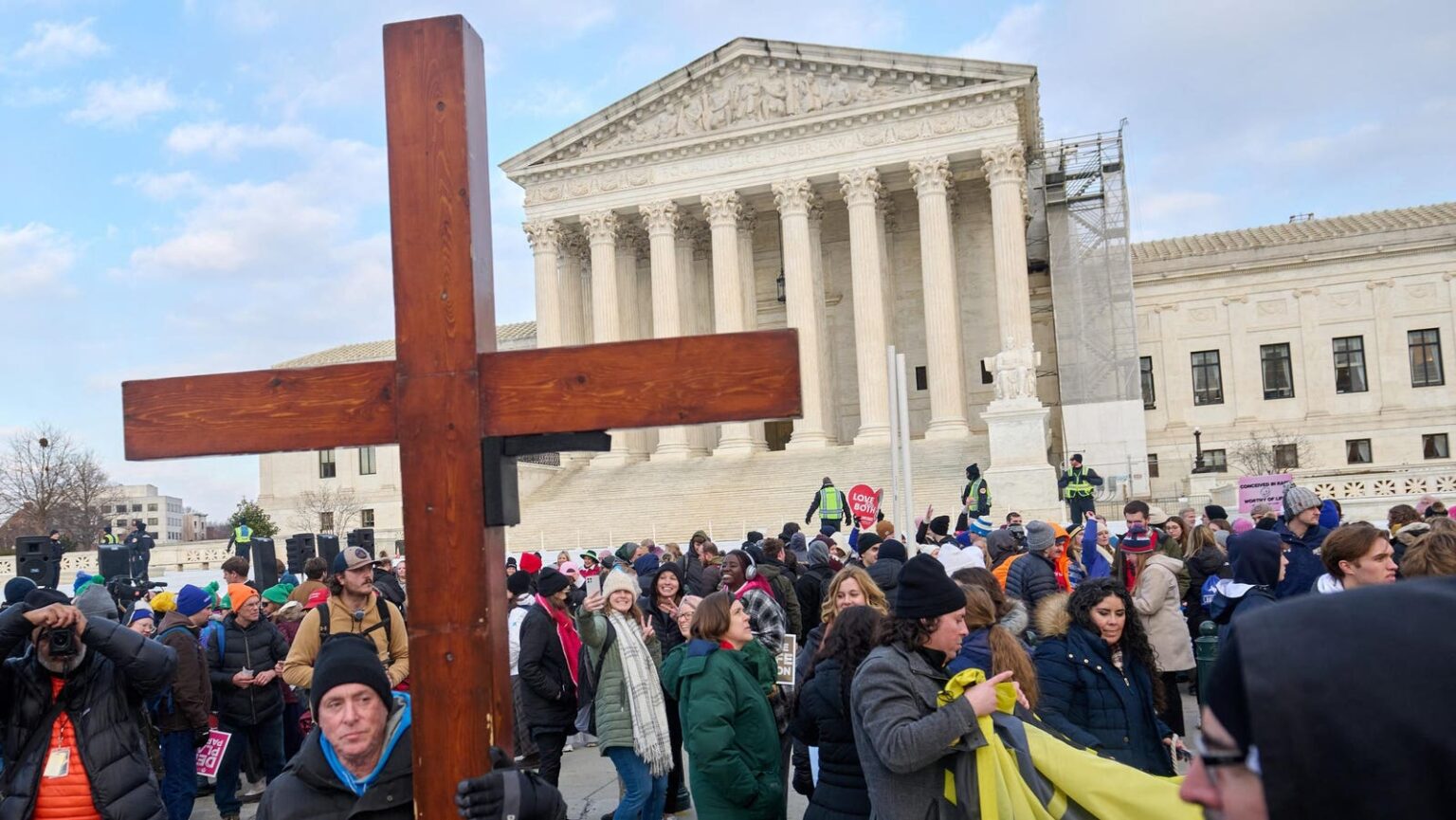Topline
The Supreme Court expanded when religious organizations can qualify for tax exemptions as it ruled Thursday in favor of a charity in Wisconsin—potentially setting off a slew of organizations seeking new exemptions, which critics warn could harm federal and state tax revenues.
Key Facts
Catholic Charities, a social charity that’s part of Roman Catholic dioceses in Wisconsin, asked the state to be exempted from the its unemployment tax under the carveout for religious groups, but the state denied the request because the group’s actual activities—providing services to people of all faiths who have disabilities—are not religious.
The Wisconsin Supreme Court ruled in the state’s favor against the organization being granted the exemption, but Catholic Charities argued to the Supreme Court that being denied the exemption violated the First Amendment’s prohibition on the government interfering with the free exercise of religion, claiming Wisconsin is trying to “pick and choose among religious groups.”
Justices ruled unanimously in favor of Catholic Charities, finding the Wisconsin Supreme Court’s decision violated the First Amendment.
This story is breaking and will be updated.
Tangent
While it wasn’t a party in the case, the Trump administration filed a brief urging the court to rule in favor of Catholic Charities being granted the tax exemption. The federal government claimed the Wisconsin Supreme Court’s ruling was based on a “misunderstanding” of the law, and the exemption applies for any organization that conducts its activities “primarily for sincere religious motivations,” even if the activities it conducts aren’t directly religious acts like proselytizing. The Trump administration also suggested it has an interest in the case because any ruling could also affect federal rules on tax exemptions for religious groups, noting the language of Wisconsin’s law “mirrors” the Federal Unemployment Tax Act.
Key Background
The Supreme Court’s ruling is the latest in a string of decisions the high court has made regarding religious liberty, which have typically come out in favor of broadening parties’ religious rights. The 6-3 conservative court has ruled in recent terms to rule in favor of letting religious adoption agencies refuse to work with same-sex couples, a high school football coach who prayed on the field, a Christian group who wanted to fly a flag at Boston City Hall, a web designer who wanted to deny services to same-sex couples and that a state-funded school voucher program in Maine can be used to pay for religious school tuition, among other cases. Justices did issue a notable ruling in May against a proposed religious charter school in Oklahoma, splitting 4-4, which meant the lower court’s ruling against the school will stay in place. The court could still take up other cases in the future on religious charter schools, however.
Further Reading
Read the full article here

